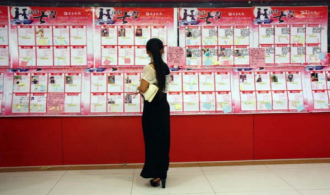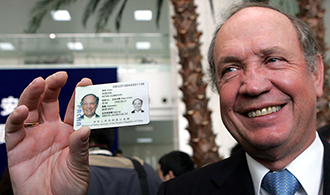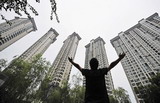Sinking of fishing boat 'brutal'
(China Daily) Updated: 2016-03-18 07:43
 |
|
South Korean rescue boats work in waters about 85 km northeast of the Gagedo island in North Jeolla province, South Korea, Jan 27, 2016. A Chinese fishing boat capsized off an island in southwest South Korea, with four rescued among 10 on board the vessel. [Photo/Xinhua] |
Argentina's coast guard said on Tuesday it sank a Chinese trawler that was fishing illegally in its exclusive economic zone a day after the boat refused to let coast guard personnel aboard for inspection, attempted to flee to international waters and performed maneuvers designed to force a collision with the coast guard. Four of the crew members of the fishing boat were rescued by the Argentine coast guard and the remaining 28 were rescued by another Chinese fishing boat nearby.
If what the Argentine Naval Prefecture said in its statement are the facts, the Chinese boat was the first to do "something wrong". But such kind of alleged mistakes do not constitute a justification to sink it, an act that endangered the lives of those on board and one rarely seen in international law enforcement.
It is hoped all the charges that have been filed against the crew of the Chinese fishing boat are based on credible evidence.
It is wrong for a country's coast guard to sink a non-armed fishing boat from another country. Issuing warnings, expelling the boats or detaining the crews and fining or imprisoning them are the usual ways to deal with fishing boats from other countries intruding in EEZs. Chinese fishermen may be involved in illegal fishing activities, but that is no justification for the brutal law enforcement demonstrated by the Argentine coast guard.
China and Argentina have friendly relations. It is because of the friendship that exists between the two countries that the incident should be thoroughly investigated, those responsible held accountable and practical measures taken to ensure no similar incident occurs again.
The incident also highlights the need for Chinese fishermen to sharpen their law-abiding senses and be equipped with better sea positioning facilities.
- Argentina sinks a Chinese fishing boat
- FM requests Argentina 'investigate thoroughly' sinking of Chinese fishing boat
- Argentina reaffirms peaceful nature of Chinese ground station
- Chinese embassy helps Argentina to deal with massive flooding
- China-made trains cover all Argentina's long-distance lines
- Chinese-built dams in Argentina poised to spur local economy
- China, Argentina make progress in railway cooperation

I’ve lived in China for quite a considerable time including my graduate school years, travelled and worked in a few cities and still choose my destination taking into consideration the density of smog or PM2.5 particulate matter in the region.










